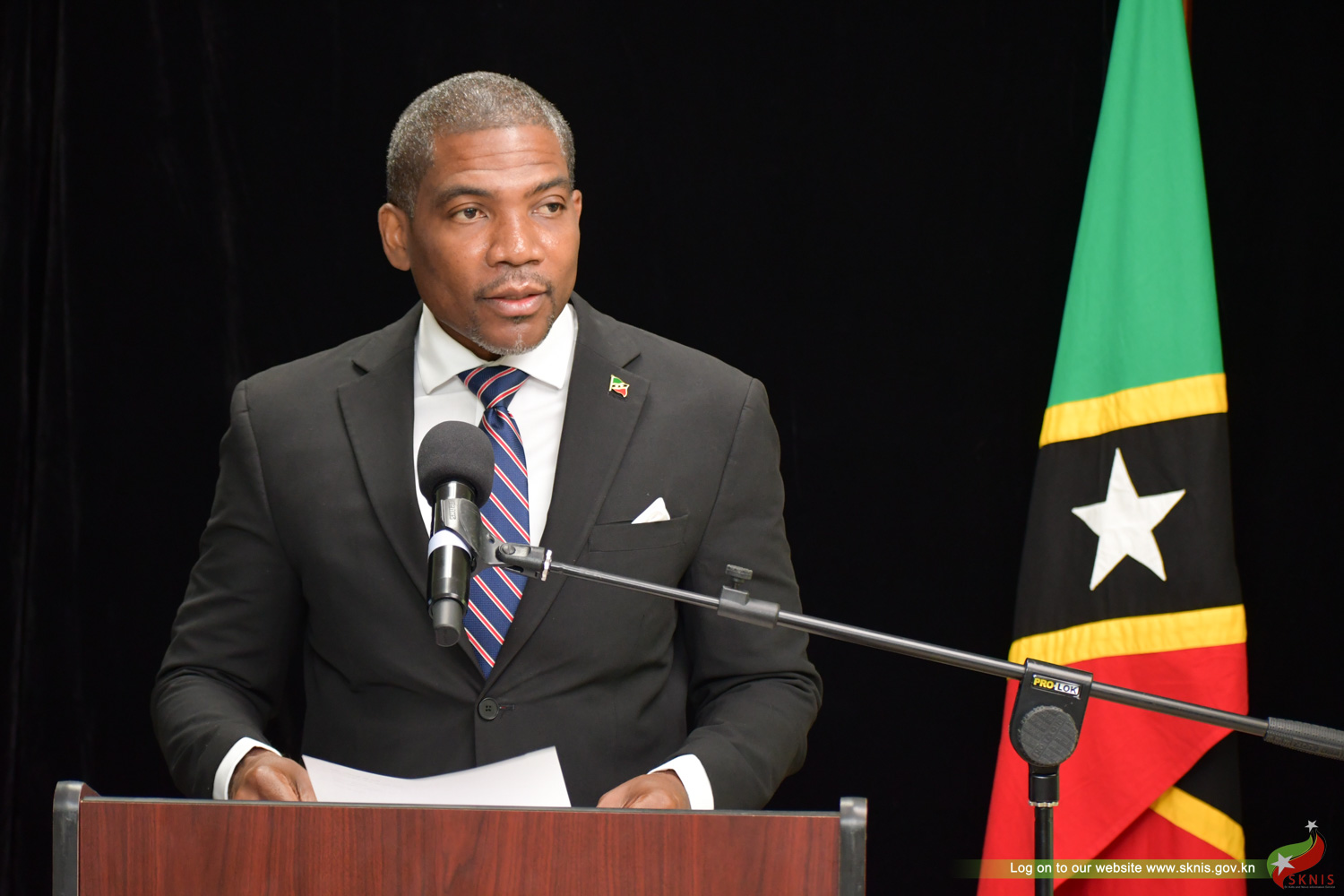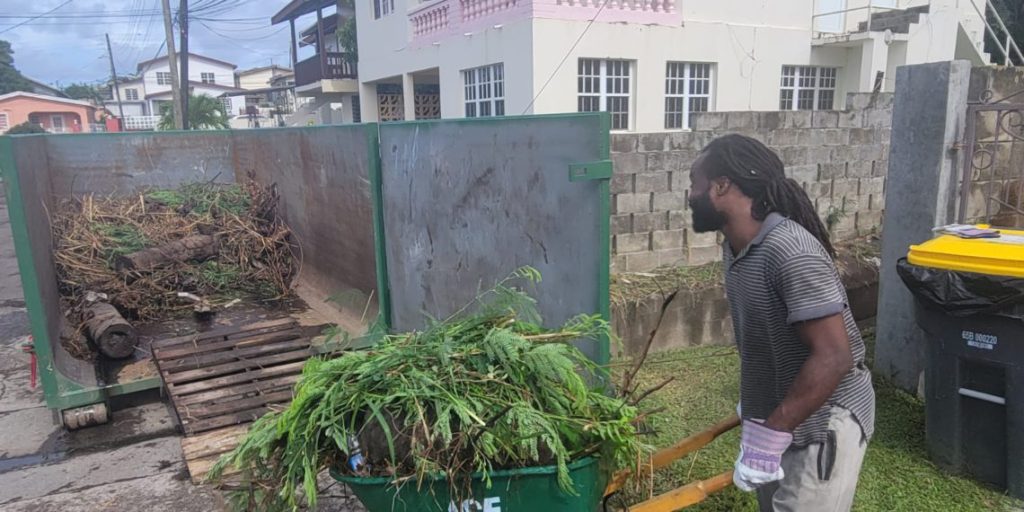Prime Minister Drew Confirms Continued Stability of Customs Charges
The Government of St. Kitts and Nevis, led by Prime Minister Hon. Dr. Terrance Drew, has unequivocally stated that there has been no increase in customs duties or the introduction of new taxes. This clarification comes in response to public concerns and media inquiries regarding perceived increases in import charges. The government maintains that the existing customs rates remain unchanged and any perceived increases are likely attributable to external factors beyond their control, such as rising global freight costs and insurance premiums, which contribute to the overall landed cost of imported goods.
The Prime Minister acknowledged that while the actual customs rates haven’t changed, the overall cost of imported goods might have increased due to these global economic pressures. He emphasized the importance of distinguishing between the fixed customs duties levied by the government and the variable costs associated with international trade, such as shipping and insurance, which fluctuate based on market conditions. These external factors, while impacting the final price consumers pay, are not directly controlled by the government or reflected in increased customs duties.
Senior Minister Hon. Dr. Denzil Douglas further elaborated on this point, explaining how these external factors influence the final cost calculation. He noted that the basis for calculating taxes like Value Added Tax (VAT) and customs service charges is the overall cost of the goods, which includes freight and insurance. Therefore, even with unchanged tax rates, an increase in these base costs will lead to a higher absolute amount of tax paid, potentially creating the perception of a tax increase. The government emphasized the need to understand this distinction and avoid conflating increased landed costs with increased government levies.
Prime Minister Drew encouraged open communication and transparency between customs officials and the public to address any concerns regarding import charges. He stressed the right of citizens to question and understand the breakdown of their import costs, urging customs officials to provide clear explanations and demonstrate the calculation methodology used. This focus on transparency aims to dispel any misconceptions about government-imposed increases and foster a better understanding of the factors influencing the final cost of imported goods. The government emphasizes its commitment to accountability and ensuring fair practices within the customs department.
The government reiterated its dedication to mitigating the impact of the global cost-of-living crisis on its citizens. Recognizing the financial challenges faced by residents, especially in the context of rising global prices, the government affirmed its commitment to exploring avenues to alleviate these burdens. This includes maintaining a stable and transparent customs regime, avoiding unnecessary tax increases, and actively seeking solutions to address the rising cost of essential goods and services. The government’s stance underscores its commitment to supporting the well-being of its citizens and navigating the challenges of a volatile global economic landscape.
In conclusion, the government of St. Kitts and Nevis has categorically denied any increases in customs charges or the implementation of new taxes. Any perceived increases in import costs are attributed to external factors such as rising freight and insurance costs, which are beyond the government’s direct control. The emphasis has been placed on transparency and open communication between customs officials and the public to address any concerns regarding import charges. The government has reiterated its commitment to supporting its citizens amidst global economic pressures and ensuring fair and transparent trade practices. This clarification aims to address public concerns and provide a clear understanding of the factors influencing import costs while underscoring the government’s commitment to its citizens’ financial well-being.
Share this content:










Post Comment